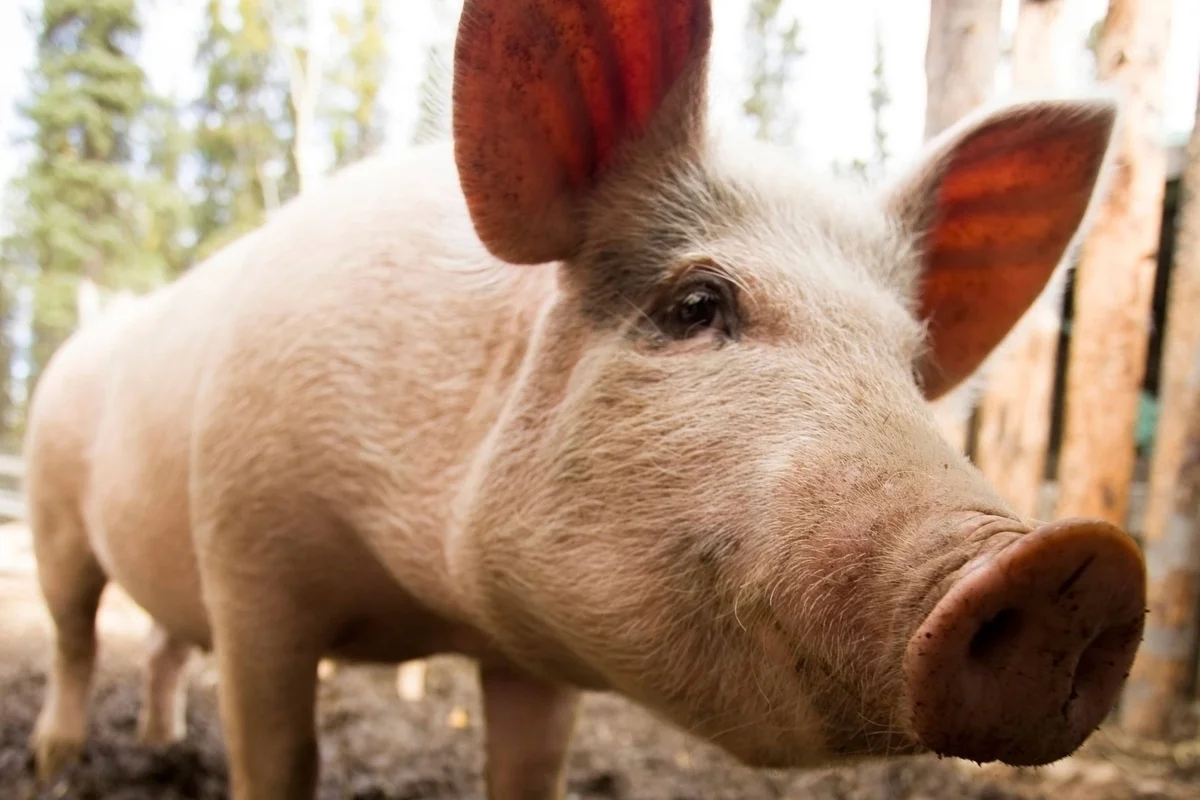Copyright independent

A pioneering clinical trial, the world's first to transplant gene-edited pig kidneys into people, has commenced. United Therapeutics, a producer of these specialised organs, announced on Monday that the initial procedure was successfully performed at NYU Langone Health. This marks the latest step in the quest for animal-to-human transplants, known as xenotransplantation. To protect the study participant’s identity, researchers are not releasing details about when the NYU surgery took place or further patient information. Dr Robert Montgomery, who led the transplant team, told The Associated Press his hospital has a list of other patients interested in joining the small trial, which will initially include six people. If successful, the trial could expand to up to 50 participants as additional transplant centres join. A second U.S company, eGenesis, is also preparing to begin its own pig kidney clinical trial in the coming months. The Food and Drug Administration is allowing the rigorous studies after a series of so-called “compassionate use” experiments, with mixed results. The first two gene-edited pig kidney transplants were short-lived. Then doctors began working with patients who badly needed a kidney but weren't as sick as prior recipients. At NYU, an Alabama woman’s pig kidney lasted 130 days before she had to return to dialysis. Others known to be living with a pig kidney are another Mass General patient and a woman in China. “This thing is moving in the right direction" as doctors learn from each patient's experience, NYU's Montgomery said. He noted the ability to resume dialysis also gives a safety net. More than 100,000 people, most needing kidneys, are on the U.S. transplant list, and thousands die waiting. As a potential alternative, scientists are genetically altering pigs so their organs are more humanlike, less likely to be immediately attacked and destroyed by people’s immune system. United Therapeutics' trial is testing pig kidneys with 10 gene edits, “knocking out” pig genes that trigger early rejection and excessive organ grown and adding some human genes to improve compatibility.



